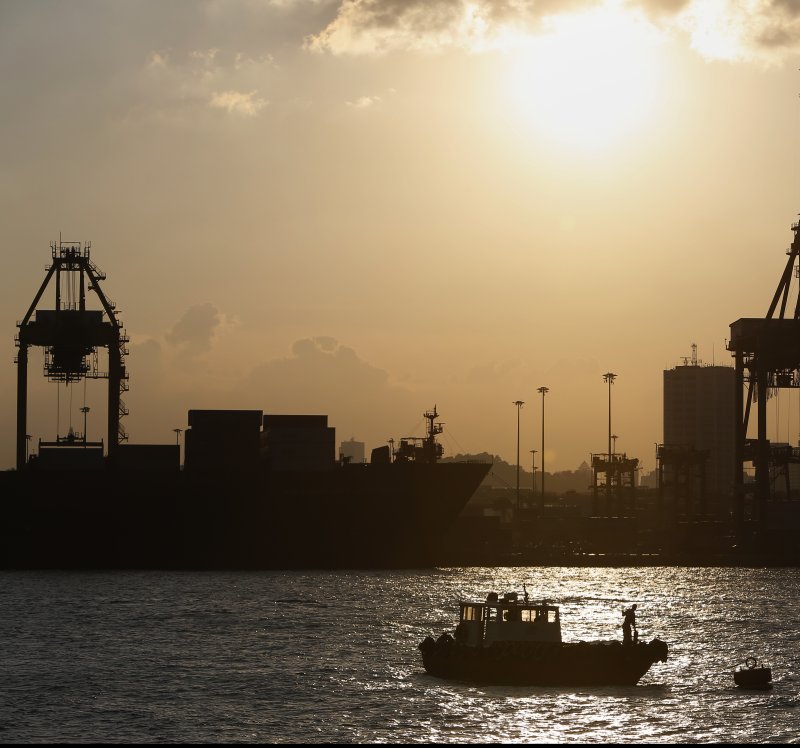The Comprehensive and Progressive Agreement for Trans-Pacific Partnership was ratified Sunday by seven of the 11 nations to the trade deal. File Photo by Wallace Woon/EPA-EFE
Dec. 31 (UPI) -- A new 11-nation trade deal -- replacing the controversial and ill-fated Trans-Pacific Partnership -- has taken effect without the United States.
President Donald Trump withdrew the United States from the TPP last year as he broke from Obama-era trade practices. Its replacement, the Comprehensive and Progress Agreement for Trans-Pacific Partnership, was ratified and took effect Sunday.
The free trade pact was signed by Australia, Canada, Japan, Mexico, New Zealand, Singapore and Vietnam. Four other countries, Brunei, Chili, Malaysia and Peru, are expected to sign-on soon.
"The opportunities are vast, from more Victorian wine and cheese being enjoyed on the slopes of Whistler, Canada, to more New South Wales prime beef being served up in Japan's world-class restaurants," Australian Trade Minister Simon Birmingham said.
Trump said joining the deal wouldn't have been good for the United States because it increases the trade deficit and sends jobs oversees. The final CPTPP agreement retains all but 22 of the more than 1,000 provisions in the original TPP, led by former President Barack Obama.
Under the new deal, Japanese tariffs on Australian beef will be cut 27.5 percent, making U.S. beef less competitive.
"The U.S. beef industry is at risk of losing significant market share in Japan unless immediate action is taken to level the playing field," National Cattlemen's Beef Association President Kevin Kester said.
Japanese wheat imports from Canada and Australia will also fall in price (about 7 percent) under the CPTPP, putting more pressure on American farmers. U.S. Wheat Associates President Vince Peterson said the price disadvantage could be as high as $14 per metric ton, and the industry faces an "imminent collapse" in Japan.
"I've never seen such nervousness in the U.S. business community as I see now," consultant Steve Okun, senior adviser at McLarty Associates, told CNBC. "There's a sense that "the world is moving forward without us."
Trump has been pressuring Japan for a new free trade deal with the United States.















